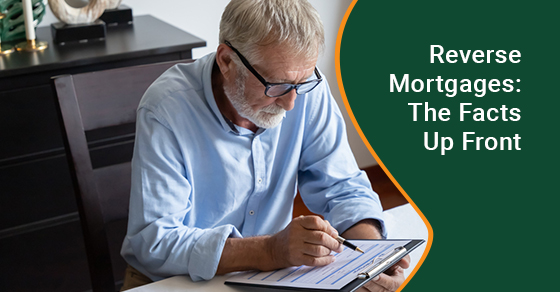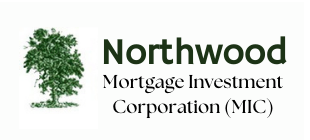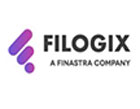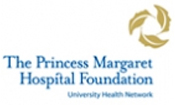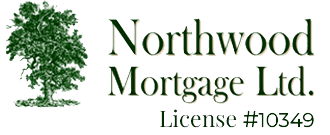The Deliberation of Reverse Mortgages
The theme of reverse mortgages seems to be on-trend, with the media honing in on the fact that ample retirement savings are a significant concern for so many Canadian seniors as they slowly but systematically deplete their income sources. Options are finite, and typically your home becomes the only source of equity to be leveraged. Most notably, selling one’s property has been the universal solution, although seldom a gratifying concession.
Reverse mortgages offer a certain appeal to homeowners as a secure solution, granting them access to their home equity and converting it into tax-free cash. In Canada, beginning from the age of 55, funds from your reverse mortgage may be utilized as you see fit. You may aspire to achieve something you covet, such as world travel and home renovations, or to alleviate debt, assist in healthcare expenses, and supplement your income, virtually developing your financial freedom. The incentives are as unique as the individual, and with 60 percent of baby boomers apprehensive about substantial retirement, an analysis of reverse mortgages is valuable.
The How
The breakdown of a reverse mortgage is the key to discovering if it’s a superior choice for you. Being mindful that it is a loan secured against the value of your home is primary. It’s a system in which your mortgage pays you cash; extensively, it’s a progressive sell of your home back to the bank and is commonly referred to as “backward financing.” The lender advances you either one lump sum or installments. There are no procuring monthly mortgage payments, but accrued interest combines to the principal loan balance, with your mortgage steadily amplifying. At the same time, your home equity decreases both the value of your home and, if applicable, the unpaid mortgage balance. A reverse mortgage permits you to borrow up to 55 percent of the value of your home. Despite surrendering an increasing amount of home equity, you endure control over ownership of your home along with the enormous costs of homeownership: insurance, taxes, homeowner’s association fees, and other pertinent expenses. A failure to pay these expenses can result in default and immediate repayment on a reverse mortgage. An ideal aspect of a reverse mortgage loan is not having to endure monthly payments.
The Future
According to an RBC Insurance Service survey, more than 60 percent of Canadians are concerned they’ll outlive their retirement savings, and CIBC released a poll disclosing that 32 percent of Canadians between 45 and 64 have nothing set aside for retirement. In this era of declining pensions, increased longevity, and costly long-term care, it’s debatable whether reverse mortgages are a windfall or are more symbolic of growing debt.
Contact our expert team at Northwood Mortgage for many more answers to your simple or more intricate mortgage questions; we look forward to connecting with you. As one of the most venerated brokerages in the GTA, our team exemplifies prize services and choice products to our clients, lenders, and investors alike.
